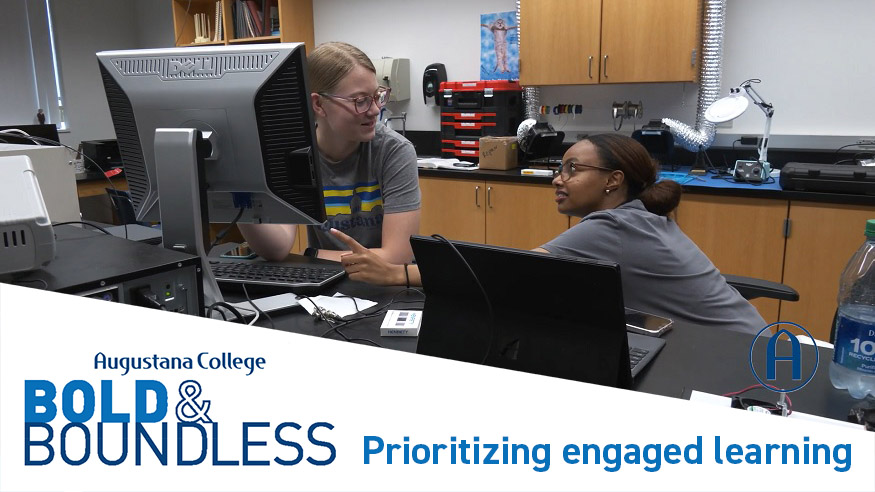
Students engage passions in summer research projects
At Augustana College, summer isn't just a break from classes — it's a perfect time for cutting-edge research and academic exploration.
If an Augustana liberal arts education makes you a good problem-solver (it does), then your physics major means you can solve problems with an even greater understanding of how the universe works.
Physics at Augustana can take you in many directions, depending on your curiosities: thermodynamics, mechanics, astrophysics, electricity and magnetism, and quantum physics.
You can major or minor in physics or major in teaching physics in the secondary schools. The full-time physics faculty all hold a Ph.D., and teach all laboratory sessions as well as courses.
If you are interested in combining the applied side of physics and engineering, you can choose a major in engineering physics with a chemical, electrical or mechanical track.
Many physics grads pursue technology careers, while others enter graduate programs in physics, engineering, medicine or education. All benefit from an undergraduate education that pairs them with supportive faculty mentors in research and experimental projects, and novel exploration in engineering design.
The Engineering Physics major combines coursework in fundamental physics with specialized courses in applied physics and engineering.
This 4-year degree is more flexible than the Engineering (Bachelor of Science) program, allowing students to major in an additional subject(s) at Augustana.
Students who major in Engineering Physics can choose the dual degree 3-2 program option in which they earn a Bachelor of Arts in engineering physics from Augustana and a Bachelor of Science in Engineering from a partner university.
The program requires three years at Augustana followed by at least two years at the engineering school. Augustana has formal partnerships with Columbia University, Northern Illinois University and Washington University in St. Louis. However, students may attend any 3-2 program to which they gain admittance. Recent graduates have also attended University of Illinois (Urbana-Champaign), University of Iowa, University of Minnesota, Iowa State University, and Purdue University. Students participating are required to work closely with their Augustana advisor through the entire process and complete the coordinated degree program agreement prior to departing Augustana.
Physics at Augustana can take you in many directions, depending on your curiosities: thermodynamics, mechanics, astrophysics, electricity and magnetism, and quantum physics.
You can major or minor in physics or major in teaching physics in the secondary schools. Many physics grads pursue technology careers, while others enter graduate programs in physics, engineering, medicine or education.
Major: Engineering physics
Hometown: Gurnee, Ill.
Majors: Engineering physics and environmental studies
Hometown: Bloomington, Ill.
Majors: Engineering physics and chemistry
Hometown: Crystal Lake, Ill.
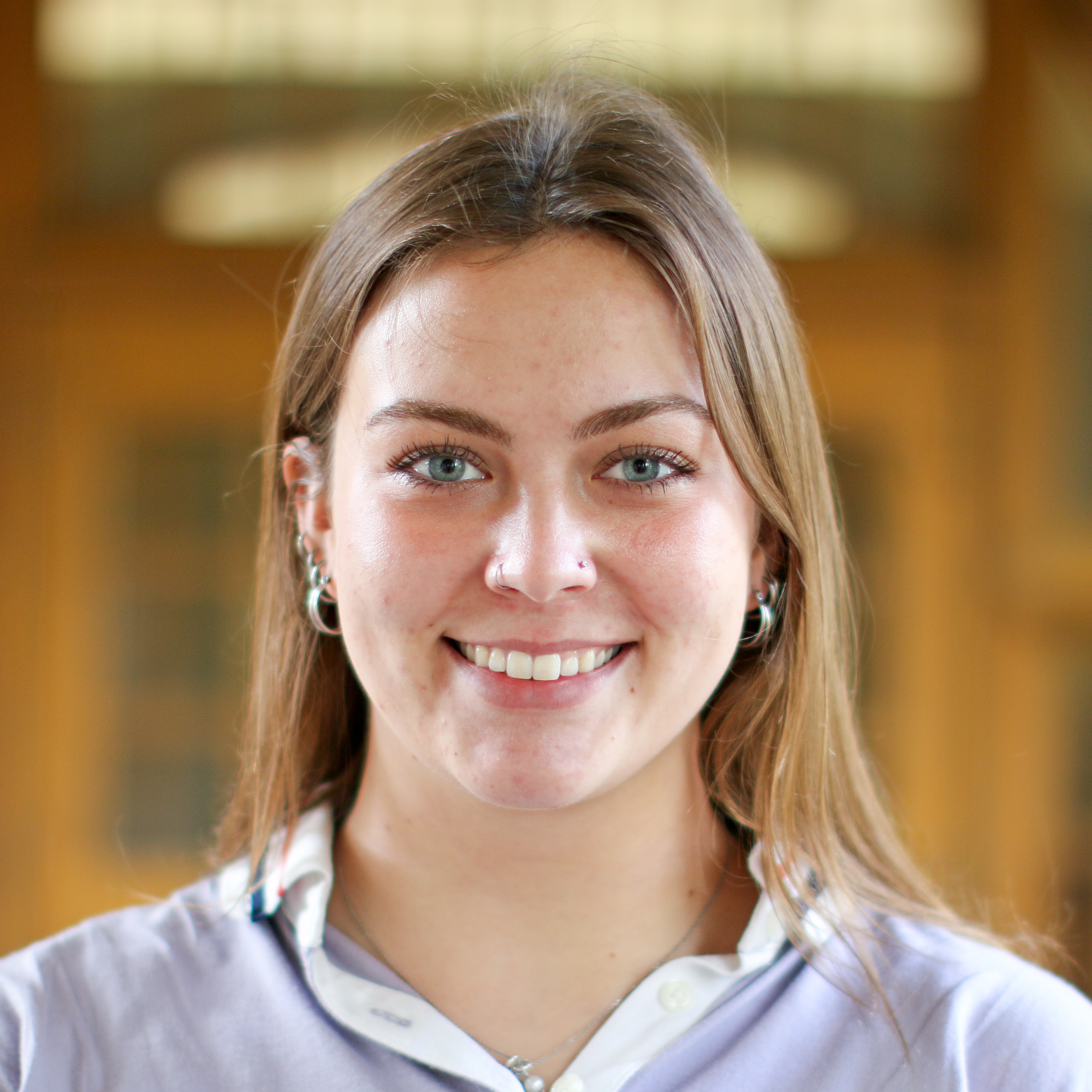
“I will miss the campus community the most, and more specifically, the engineering physics community.”Read More
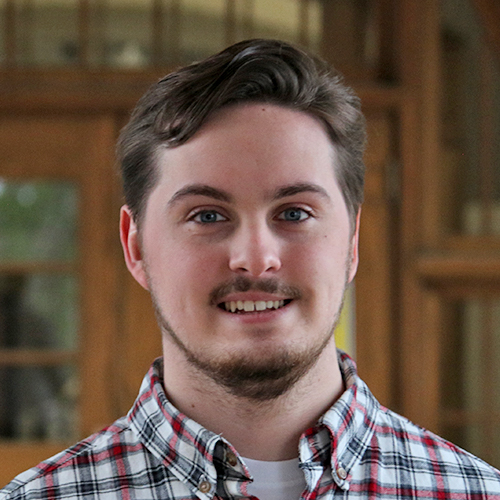
“While I expected to graduate with a degree in engineering physics, I did not expect to graduate with two minors and many months of professional experience.”Read More

At Augustana College, summer isn't just a break from classes — it's a perfect time for cutting-edge research and academic exploration.
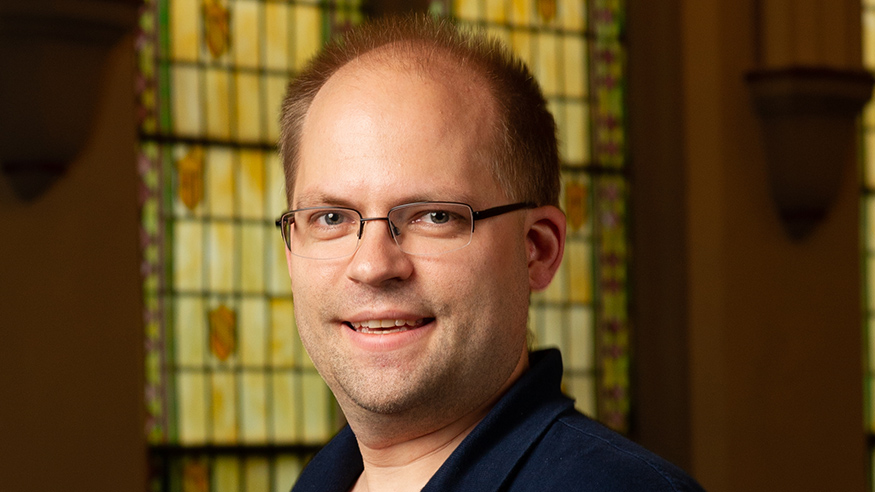
The new NSF grant builds on the success of the MoNA Collaboration to involve undergraduate students in research over the years, resulting in numerous publications and presentations by students.
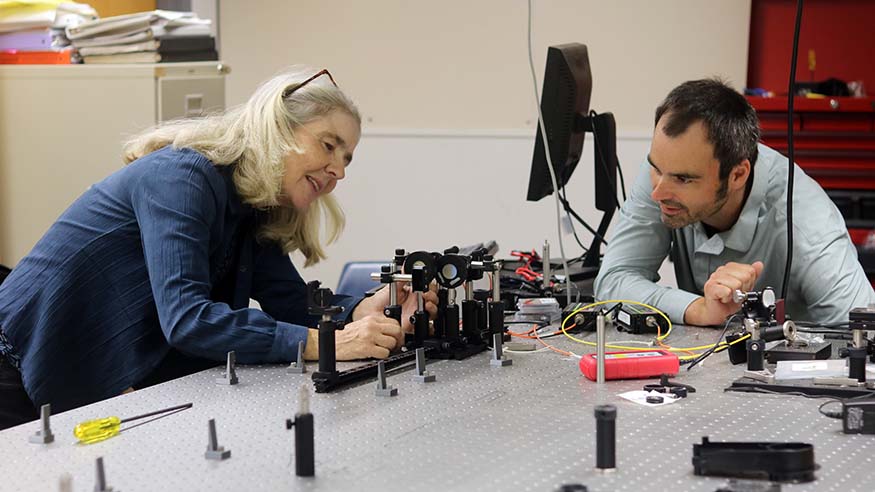
Augustana physics faculty are finding ways to involve students in quantum research and discovery, while moving ahead with their own research.